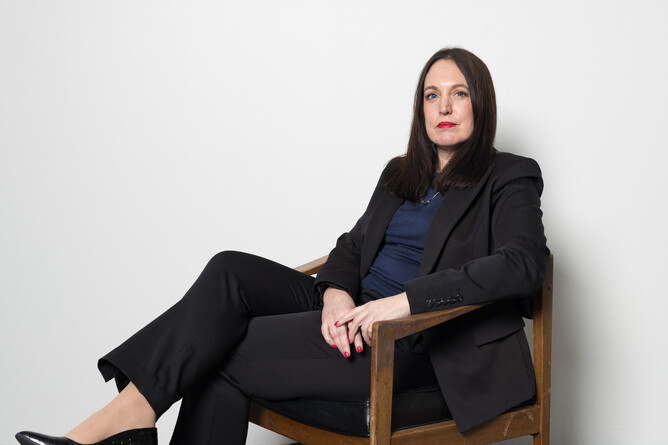One of New Zealand’s leading surrogacy law experts says New Zealand’s surrogacy law needs a total revamp.
The Law Commission is set to publish a review on New Zealand’s surrogacy law shortly and Tompkins Wake Partner, Zandra Wackenier, who sat on a working group submitting to the review, says it’s time for New Zealand to move on from the inadequate legislation currently being used.
“Most other countries in the world have a totally separate piece of legislation but New Zealand has laws that are being adapted to fit, often at great cost and emotional toll on both parents and surrogates,” says Zandra.
Zandra who has guided many New Zealand couples through the surrogacy process, says New Zealand could use current law adopted in Tasmania which would streamline the process and cover providing compensation for surrogates.
“The Tasmanian legislation is a thing of beauty. It covers everything, including compensation for surrogates. It is a well drafted piece of legislation that New Zealand could easily adopt,” says Zandra.
Prime Minister Jacinda Ardern has vowed to make changes to surrogacy legislation after Parliament passed law to allow a little girl, Paige, to have her biological mother recorded on her birth certificate.
Toni Street and other high-profile parents including Tamati Coffey, who has two children with his partner via surrogacy, have also been calling for surrogacy law reform.
Coffey’s private members bill, Improving Arrangements for Surrogacy, has now had its first reading, but Zandra says it doesn’t go far enough. The date for submissions is yet to be set, and Zandra will again sit on the Law Society’s working group.
“I hope the Private Members Bill doesn’t become confused with the Law Commission Review. New Zealand needs a stand-alone statute targeted to surrogacy, not amendments to current laws which would continue to make it difficult for parties to navigate.”
Specific law would remove many of the hoops surrogates and intending parents are having to jump through and streamline the process by implementing dedicated agencies, courts, or officials, says Zandra.
The current process in New Zealand is governed by the Human Assisted Reproductive Technology Act 2004 and the Adoption Act, 1955.
It also, in most cases, requires ECART (The Ethics Committee on Assisted Reproductive Technology) approval. Medical testing, counselling, legal advice, and consultations with Oranga Tamariki are all undertaken before the process starts.
If people make it through the initial stage and a baby is born, the intending parents must then adopt their child from the surrogate, even if she has no biological connection to the baby, a process that can take months after the baby is born.
There are also no legal protections for either party, meaning they can change their minds at any point, and the law offers very limited compensation for surrogates.
“It’s a high-risk process and surrogates are only able to be compensated for their legal, medical, and counselling costs. What is required is a clear schedule of prescribed allowed costs which would include loss of earnings where the surrogate requires a c-section or is unable to work,” says Zandra.
“We need a law in New Zealand that will cover all these things to protect the surrogates, the intending parents and, most importantly, the child. Anything less will just be tweaking what we already have, and which is not working for anyone,” says Zandra.
The report from the Law Commission on its review of surrogacy law in New Zealand is expected this week.
